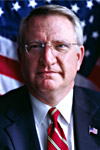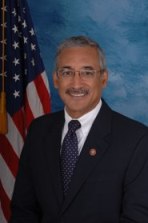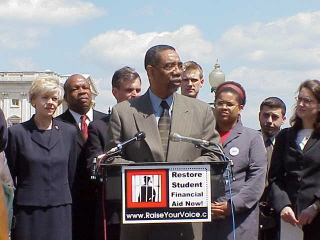Obama's Drug Czar Says Marijuana Is Dangerous and Isn't Medicine
The nation's drug czar, who viewed a foothill marijuana farm on U.S. Forest Service land with state and local officials earlier Wednesday, said the federal government will not support legalizing marijuana.
â¦
"Marijuana is dangerous and has no medicinal benefit," Kerlikowske said in downtown Fresno while discussing Operation SOS -- Save Our Sierra -- a multiagency effort to eradicate marijuana in eastern Fresno County. [Fresno Bee]
After having declined for months to actually engage the marijuana debate, it looks like someone finally sat Kerlikowske down and explained that if he's serious about being drug czar, he's gotta start lying and trying to scare people. And as you can see, he sucks at that.
Still, his statement that marijuana has no medical value is surprising, not only because it's just false, but also because he serves at the pleasure of a president who has ordered an end to federal interference with state medical marijuana laws. There's a conflict here that's difficult to reconcile and I hope the press will push the administration for some clarification as to whether the president stands by this statement. It's not the position Obama's taken previously, nor does the current political climate look favorably upon this sort of antiquated anti-pot propaganda.
I shudder to think where Kerlikowske is going with this, but regardless of his present agenda, he should be cautioned against adopting the rhetoric of his widely discredited predecessor. Unfortunately, until the drug czar's office is no longer mandated by law to oppose legalization in any form, we can expect more of this nonsense from anyone who bears the drug czar title. In the meantime, I agree with Pete Guither that this guy is a riot.




